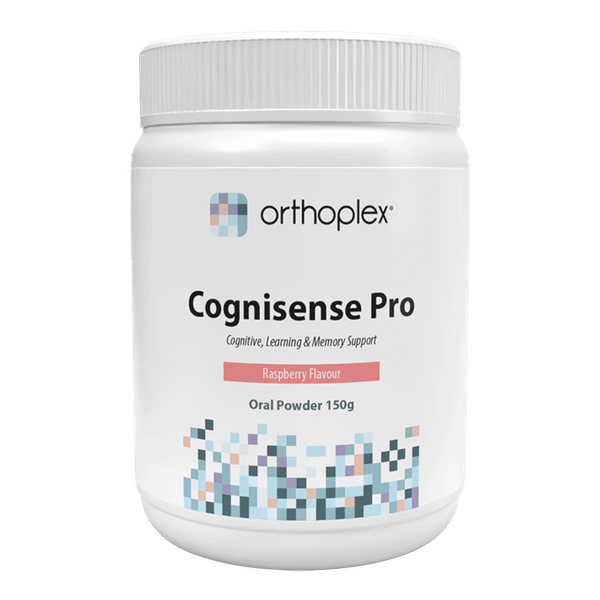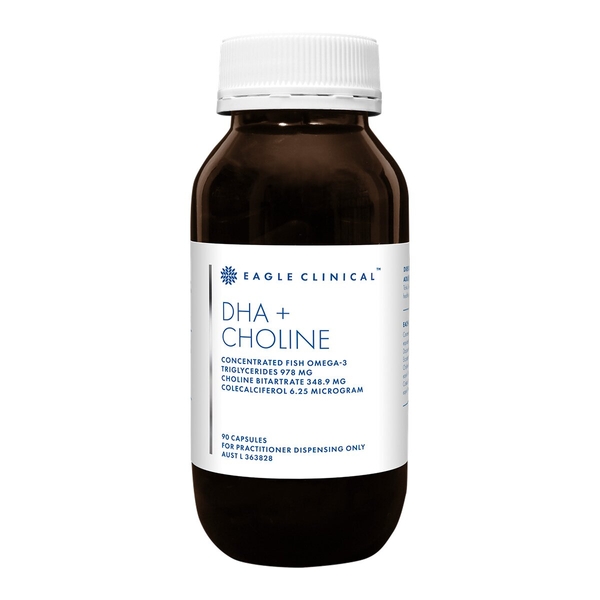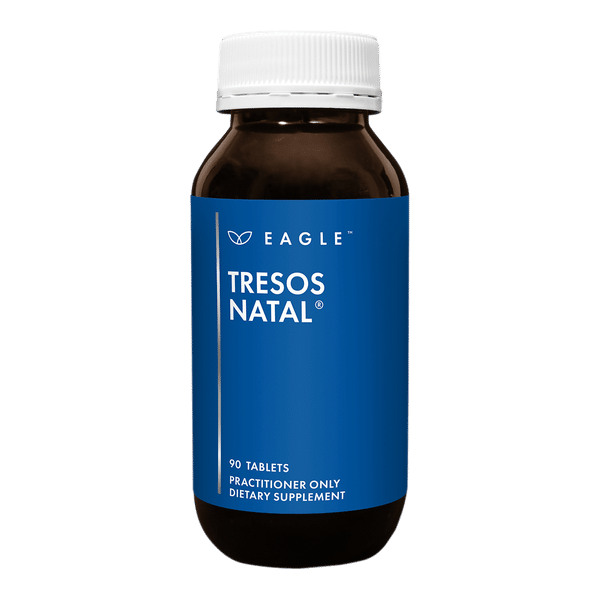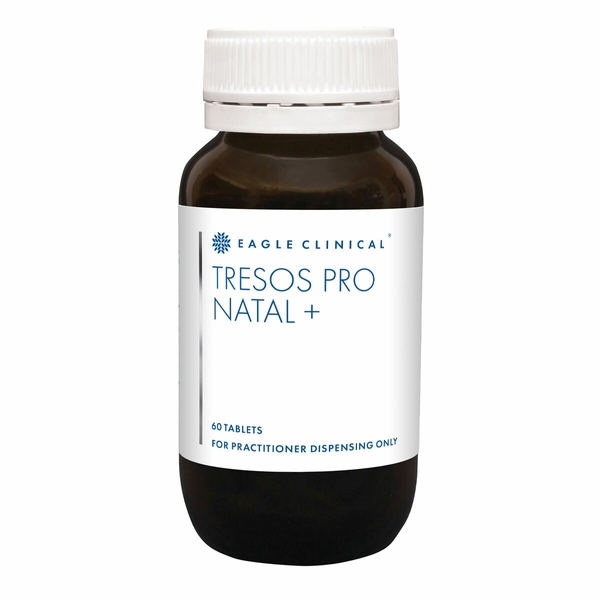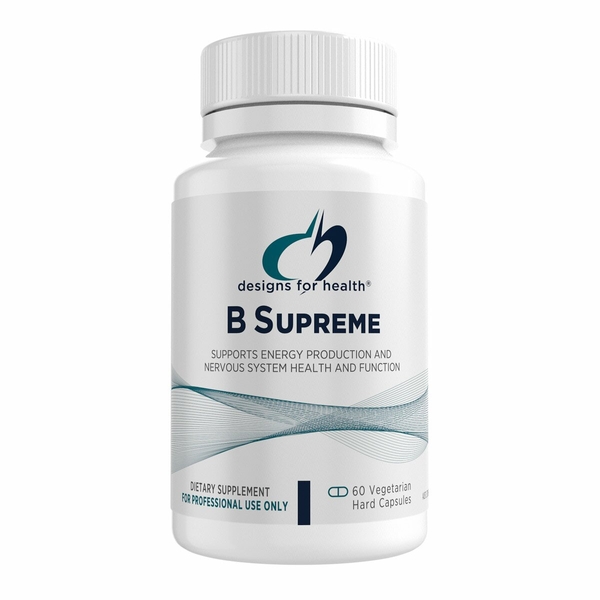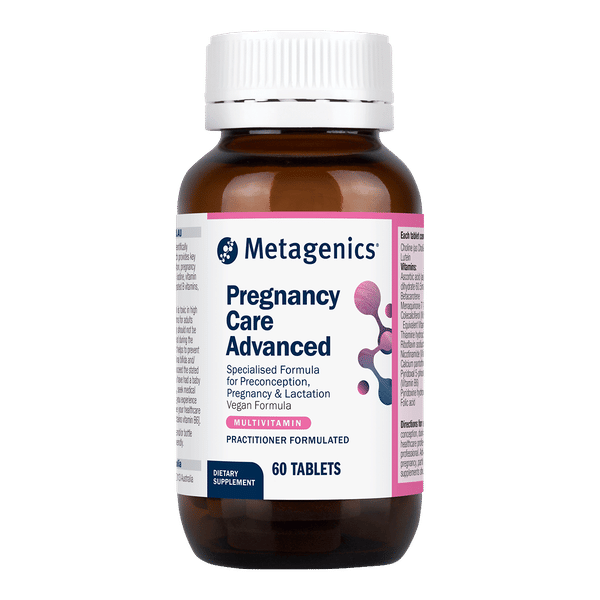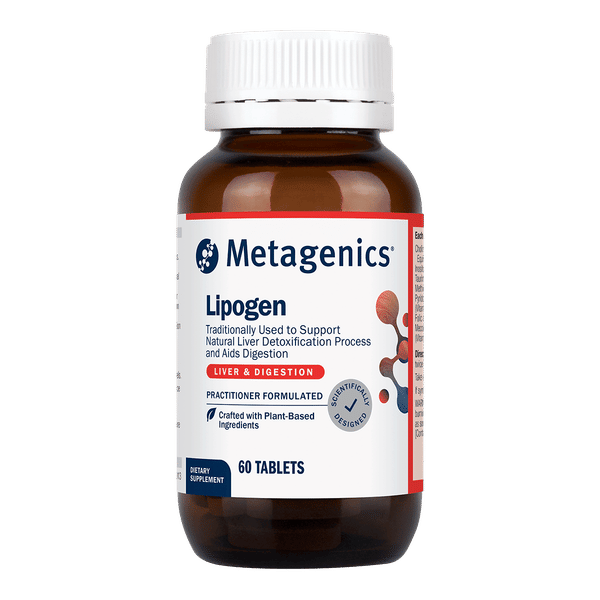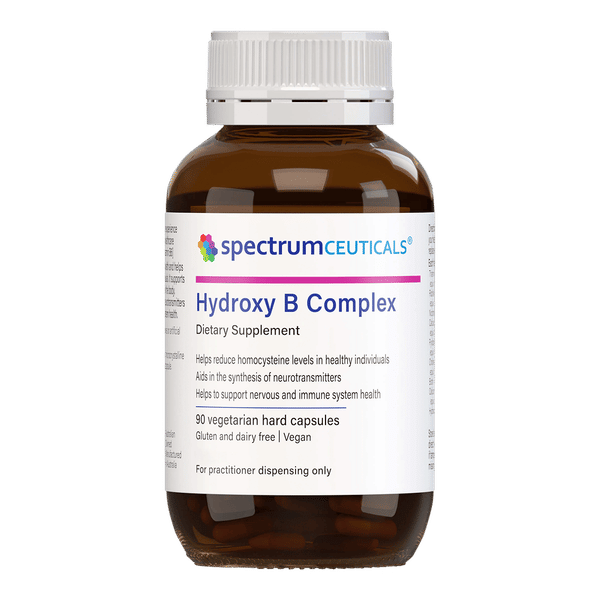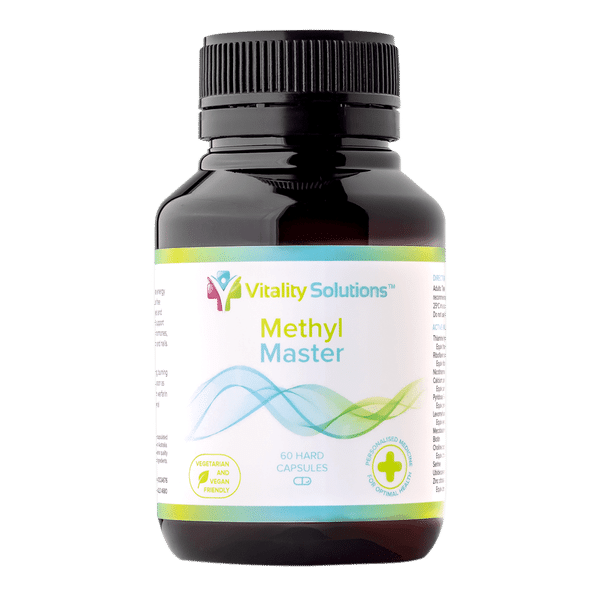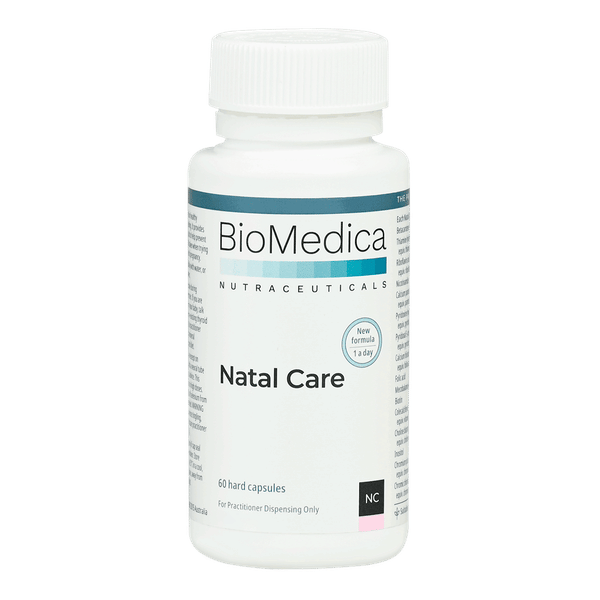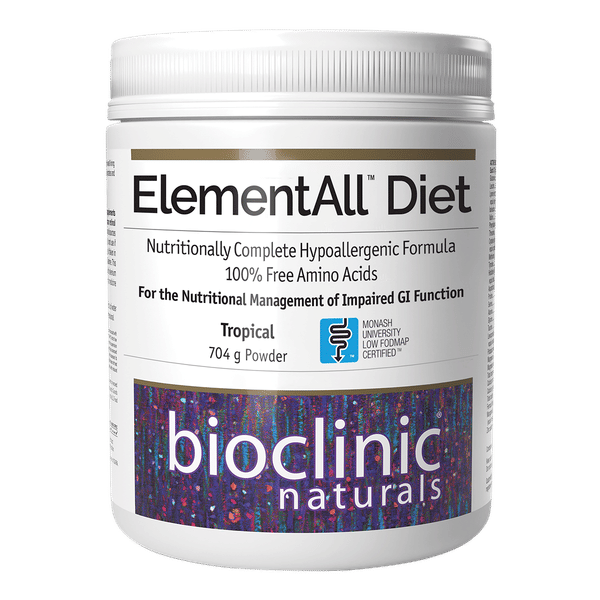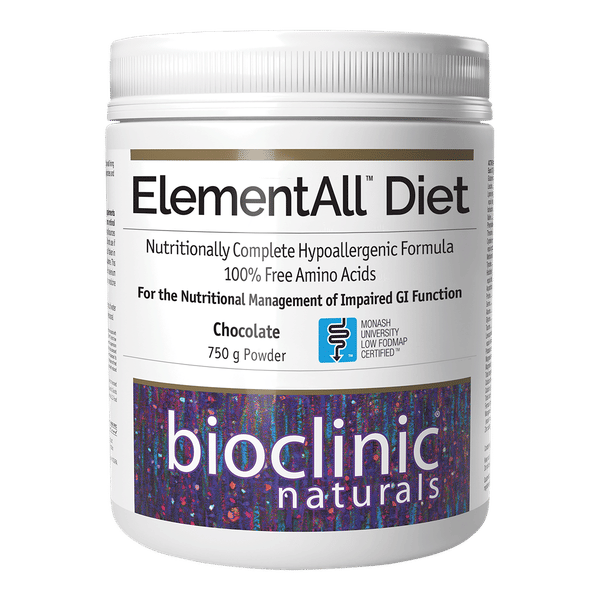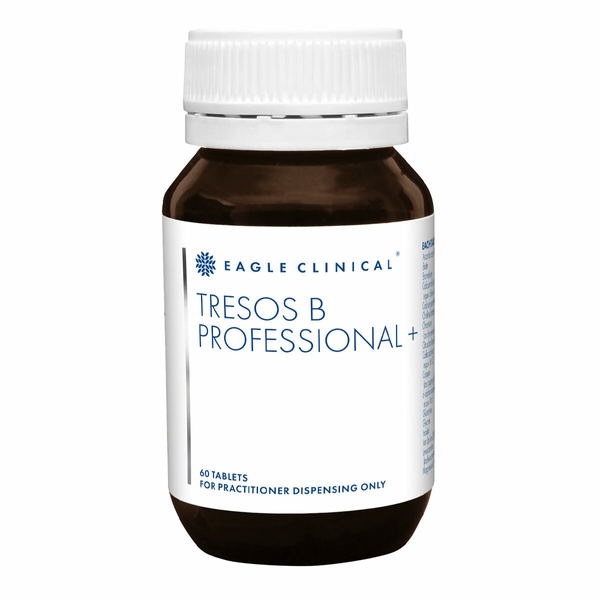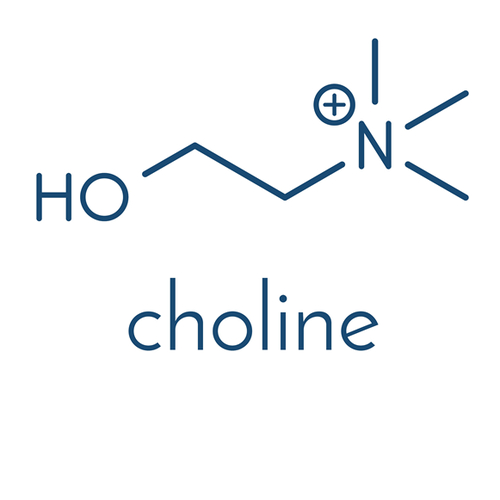
Choline
Scientific names: Trimethylethanolamine, (beta-hydroxyethyl) trimethylammonium hydroxide
Alternative names: Bitartre de Choline, Chlorure de Choline, Choline Bitartrate, Choline Chloride, Choline Citrate, Citrate de Choline, Colina, Facteur Lipotropique, Hydroxyde de Triméthylammonium (bêta-hydroxyéthyl), Intrachol, L-Choline, Lipotropic Factor, Methylated Phosphatidylethanolamine, Triméthyléthanolamine
Actions: Anti-inflammatory, Antioxidant, Athletic performance-enhancing, Cardiovascular, Cognitive, Memory enhancing, Neurologic/CNS, Hepatoprotective
Background
Choline is a nutrient similar to B vitamins. It can be made in the liver. It is also found in foods such as meats, fish, nuts, beans, vegetables, and eggs.
Choline is used in many chemical reactions in the body. It's important in the nervous system and for the development of normal brain functioning. Choline might also help decrease swelling and inflammation related to asthma.
People commonly use choline for memory, mental function, preventing certain birth defects, and many other purposes, but there is no good scientific evidence to support many of these uses.
Choline is used in many chemical reactions in the body. It's important in the nervous system and for the development of normal brain functioning. Choline might also help decrease swelling and inflammation related to asthma.
People commonly use choline for memory, mental function, preventing certain birth defects, and many other purposes, but there is no good scientific evidence to support many of these uses.
Safety Safety definitions
When taken by mouth: Choline is likely safe for most people when taken in doses below 3.5 grams daily. Taking high doses of choline is possibly unsafe. Taking doses over 3.5 grams daily might cause side effects such as sweating, a fishy body odor, diarrhea, and vomiting.
Children: Choline is likely safe for most children when taken by mouth in appropriate amounts. Doses up to 1 gram daily for children 1-8 years of age, 2 grams daily for children 9-13 years, and 3 grams daily for children 14-18 years, are not likely to cause unwanted side effects. Taking higher doses of choline by mouth is possibly unsafe due to the increased risk of side effects.
Loss of bladder control: Taking choline in doses of 9 grams daily or more might worsen this condition.
Special Precautions & Warnings:
Pregnancy and breast-feeding: Choline is likely safe when used during pregnancy and breast-feeding in doses up to 3 grams daily for those up to 18 years of age, and 3.5 grams daily for those 19 years and older. There isn't enough reliable information to know if choline is safe to use in higher doses when pregnant or breast-feeding. It's best to stick to recommended doses.Children: Choline is likely safe for most children when taken by mouth in appropriate amounts. Doses up to 1 gram daily for children 1-8 years of age, 2 grams daily for children 9-13 years, and 3 grams daily for children 14-18 years, are not likely to cause unwanted side effects. Taking higher doses of choline by mouth is possibly unsafe due to the increased risk of side effects.
Loss of bladder control: Taking choline in doses of 9 grams daily or more might worsen this condition.
Effectiveness
NatMed Pro rates effectiveness based on scientific evidence according to the following scale: Effective, Likely Effective, Possibly Effective, Possibly Ineffective, Likely Ineffective, Ineffective, and Insufficient Evidence to Rate.
Possibly ineffective Effectiveness definitions
- Athletic performance. Taking choline by mouth does not seem to improve athletic performance or decrease tiredness during exercise.
Dosing & administration
Choline is an essential nutrient. It's found in foods such as meats, fish, nuts, beans, vegetables, and eggs. It's recommended that adult females consume 425 mg daily, and adult males consume 550 mg daily to maintain adequate nutrition. When pregnant, 450 mg should be consumed daily, and when breast-feeding, 550 mg should be consumed daily. Recommended amounts for children depend on age.
In supplements, choline has most often been used by adults in doses of 1-3 grams by mouth daily for up to 4 months. Speak with a healthcare provider to find out what dose might be best for a specific condition.
In supplements, choline has most often been used by adults in doses of 1-3 grams by mouth daily for up to 4 months. Speak with a healthcare provider to find out what dose might be best for a specific condition.
Interactions with pharmaceuticals
Atropine
Interaction Rating=Minor Be watchful with this combination.
Taking choline with atropine might decrease the effects of atropine.
Interactions with herbs & supplements
There are no known interactions with herbs and supplements.
Interactions with foods
There are no known interactions with foods.
Products
View all productsPractitioner product
Per 8 g (Lemon):
- Choline bitartrate 625.7 mg equiv. choline 257.2 mg
- Calcium hydrogen phosphate dihydrate 601.1 mg equiv. calcium 140 mg
- Hydrolysed milk protein with Alpha-casozepine (Lactium) 75 mg
- Magnesium amino acid chelate 2.1 g equiv. magnesium 244 mg
- Sodium phosphate dibasic anhydrous 4 mg equiv. sodium 1.3 mg
- Myo-inositol 1 g
- Glycine 250 mg
- d-alpha-Tocopheryl acid succinate 68 mg equiv. vitamin E 82.5 IU
Practitioner product
Practitioner product
Practitioner product
Practitioner product
Per capsule:
- Choline bitartrate 486.26 mg equiv. choline 200 mg
- Biotin 150 μg
- Cholecalciferol (Vitamin D3) 12.5 μg equiv. vitamin D 500 IU
- Mecobalamin (Vitamin B12) 250 μg
- Ubidecarenone (Coenzyme Q10) 30 mg
- Calcium pantothenate (Vitamin B5) 27.29 mg equiv. pantothenic acid 25 mg
- Chromium picolinate 201.1 μg equiv. chromium 25 μg
- Dunaliella salina cell powder (Green micro-algae) 30 mg equiv. beta-carotene 3 mg
- Levomefolate calcium (Activated folate) 271 μg equiv. levomefolic acid 250 μg
- Manganese sulphate monohydrate 3.07 mg equiv. manganese 1 mg
- Menaquinone 7 (Vitamin K2) 30 μg
- Molybdenum trioxide 375 μg equiv. molybdenum 25 μg
- Nicotinamide (Vitamin B3) 20 mg
- Phytomenadione (Vitamin K1) 45 μg
- Potassium iodide 176.6 μg equiv. iodine 135 μg
- Pyridoxal 5-phosphate monohydrate (P5P) 31.35 mg equiv. pyridoxine 20 mg
- Riboflavin 5-phosphate sodium (Activated B2) 13.16 mg equiv. riboflavin 10 mg
- Selenomethionine 124.2 μg equiv. selenium 50 μg
- Thiamine nitrate (Vitamin B1) 12.34 mg equiv. thiamine 10 mg
- Zinc glycinate 40.82 mg equiv. zinc 12.5 mg
RRP: $55.00$49.50Save: 10%
Create account
Per tablet:
- Choline bitartrate 425.46 mg equiv. choline 175 mg
- Levomefolate glucosamine (Activated folate) 445 µg equiv. levomefolic acid 250 µg
- Thiamine hydrochloride (Vitamin B1) 33.63 mg equiv. thiamine 30 mg
- Ascorbic acid (Vitamin C) 100 mg
- Beta-carotene 5 mg
- Biotin 250 µg
- Calcium hydrogen phosphate dihydrate 258.17 mg equiv. calcium 60 mg
- Calcium pantothenate (Vitamin B5) 30.56 mg equiv. pantothenic acid 28 mg equiv. calcium 2.56 mg
- Chromium picolinate 205.8 µg equiv. chromium 25 µg
- Cholecalciferol (Vitamin D3) 12.5 µg equiv. vitamin D 500 IU
- Silica - colloidal anhydrous 25.72 mg equiv. silicon 12 mg
- d-alpha-Tocopheryl acid succinate (Vitamin E) 31 µg equiv. d-alpha-tocopherol 24.21 µg
- Inositol 30 mg
- Magnesium amino acid chelate 125 mg equiv. magnesium 25 mg
- Manganese amino acid chelate 25 mg equiv. manganese 2.5 mg
- Mecobalamin (Vitamin B12) 250 µg
- Menaquinone 7 (Vitamin K2) 50 µg
- Molybdenum trioxide 37.5 µg equiv. molybdenum 25 µg
- Nicotinamide (Vitamin B3) 25 mg
- Phytomenadione (Vitamin K1) 150 µg
- Potassium iodide 195 µg equiv. iodine 149.5 µg
- Potassium sulphate 11.13 mg equiv. potassium 5 mg
- Pyridoxal 5-phosphate monohydrate (P5P) 23.51 mg equiv. pyridoxine 15 mg
- Riboflavin sodium phosphate (Vitamin B2) 26.66 mg equiv. riboflavin 20 mg
- Selenomethionine 93.75 µg equiv. selenium 37.5 µg
- Ubidecarenone (Coenzyme Q10) 32.5 mg
- Zinc citrate dihydrate 31.15 mg equiv. zinc 10 mg
RRP: $50.00$40.00Save: 20%
Create account
Per 6 g (Raspberry):
- Choline bitartrate 350 mg equiv. choline 144 mg
- Acetyl levocarnitine hydrochloride (Acetyl-L-carnitine) 250 mg
- Inositol 500 mg
- Pinus radiata ext. 50 mg
- Glycine 2 g
- Taurine 500 mg
- Calcium citrate 415 mg equiv. calcium 100 mg
- Potassium citrate 207 mg equiv. potassium 75 mg
- Magnesium citrate 842 mg equiv. magnesium 130 mg
- Zinc citrate dihydrate 31 mg equiv. zinc 10 mg
- Molybdenum trioxide 33 μg equiv. molybdenum 22.2 μg
- Selenomethionine 74.4 μg equiv. selenium 30 μg
- Pyridoxal 5-phosphate monohydrate (P5P) 15.7 mg equiv. pyridoxine 10 mg
- Nicotinamide (Vitamin B3) 15 mg
- Menaquinone 7 (Vitamin K2) 34.8 μg
- Hydroxocobalamin (Vitamin B12) 200 μg
- Calcium pantothenate (Vitamin B5) 20 mg equiv. pantothenic acid 18.3 mg
- Cholecalciferol (Vitamin D3) 24.6 μg equiv. vitamin D 1000 IU
- Calcium folinate (Activated folate) 217 μg equiv. folinic acid 200 μg
- Retinol acetate (Vitamin A) 461 μg equiv. vitamin A 400 μgRE equiv. vitamin A 1335 IU
- Riboflavin 5-phosphate sodium (Activated B2) 6.54 mg equiv. riboflavin 4.98 mg
- Lecithin 100 mg equiv. phosphatidylcholine 20 mg
- Punica granatum ext. 8.04 mg
- Vaccinium myrtillus ext. 2.5 mg
- Thiamine hydrochloride (Vitamin B1) 12.7 mg equiv. thiamine 10 mg
Practitioner product
Practitioner product
Per tablet:
- Choline bitartrate 300 mg equiv. choline 125 mg
- Pyridoxine hydrochloride (Vitamin B6) 40 mg equiv. pyridoxine 32.91 mg
- Mecobalamin (Vitamin B12) 500 μg
- Calcium folinate (Activated folate) 347 μg equiv. folinic acid 250 μg
- Levomefolate calcium (Activated folate) 270 μg equiv. levomefolic acid 250 μg
- Selenomethionine 124 μg equiv. selenium 50 μg
- Thiamine hydrochloride (Vitamin B1) 30 mg equiv. thiamine 26.7 mg
- Riboflavin (Vitamin B2) 30 mg
- Nicotinamide (Vitamin B3) 30 mg
- Nicotinic acid (Vitamin B3) 5 mg
- Pyridoxal 5-phosphate monohydrate (P5P) 10 mg equiv. pyridoxine 6.38 mg
- Inositol 40 mg
- Biotin 400 μg
- Ascorbic acid (Vitamin C) 50 mg
- Cholecalciferol 25 μg equiv. vitamin D3 1000 IU
- Phytomenadione (Vitamin K1) 100 μg
- Borax 2.2 mg equiv. boron 249 μg
- Chromium nicotinate 404 μg equiv. chromium 50 μg
- Calcium citrate tetrahydrate 237 mg equiv. calcium 50 mg
- Iron amino acid chelate 37.5 mg equiv. iron 7.5 mg
- Magnesium amino acid chelate 100 mg equiv. magnesium 20 mg
- Manganese amino acid chelate 10 mg equiv. manganese 2 mg
- Molybdenum trioxide 75 μg equiv. molybdenum 50 μg
- Potassium iodide (Iodine) 353 μg equiv. iodine 270 μg equiv. potassium 83 μg
- Zinc amino acid chelate 75 mg equiv. zinc 15 mg
- Calcium pantothenate (Vitamin B5) 30 mg equiv. pantothenic acid 27.48 mg equiv. calcium 2.52 mg
Practitioner product
Per tablet:
- Choline bitartrate 243.1 mg equiv. choline 100 mg
- Cholecalciferol 12.5 μg
- Co-methylcobalamin (Vitamin B12) 250 μg
- Zinc amino acid chelate 25 mg equiv. zinc 5 mg
- Ascorbic acid (Vitamin C) 75.5 mg
- Zeaxanthin (Carotenoids) 600 μg
- Levomefolate calcium (Activated folate) 309.6 μg equiv. levomefolic acid 250 μg
- Potassium iodide (Iodine) 183.1 μg equiv. iodine 140 μg equiv. potassium 43 μg
- Phytomenadione (Vitamin K1) 25 μg
- Menaquinone 7 (Vitamin K2) 25 μg
- Riboflavin 5-phosphate sodium (Activated B2) 10 mg equiv. riboflavin 7.3 mg
- Pyridoxal 5-phosphate monohydrate (P5P) 7.84 mg equiv. pyridoxine 5 mg
- Pyridoxine hydrochloride (Vitamin B6) 6.08 mg equiv. pyridoxine 5 mg
- Selenomethionine 93.1 μg equiv. selenium 37.5 μg
- Thiamine hydrochloride (Vitamin B1) 12.5 mg equiv. thiamine 11.15 mg
- Iron (II) glycinate 43.83 mg equiv. iron 12 mg
- Biotin 150 μg
- Inositol 25 mg
- Nicotinamide (Vitamin B3) 10 mg
- Calcium pantothenate (Vitamin B5) 7.5 mg equiv. pantothenic acid 6.9 mg equiv. calcium 0.63 mg
- Chromium nicotinate 208.3 μg equiv. chromium 25 μg
- Manganese amino acid chelate 12.5 mg equiv. manganese 1.25 mg
- Molybdenum trioxide 37.47 μg equiv. molybdenum 25 μg
- Lutein 3 mg
Practitioner product
Per capsule:
- Choline bitartrate 200 mg equiv. choline 82.26 mg
- Pyridoxal 5-phosphate monohydrate (P5P) 78.37 mg equiv. pyridoxine 50 mg
- Mecobalamin (Vitamin B12) 250 µg
- Calcium pantothenate (Vitamin B5) 109.17 mg equiv. pantothenic acid 100 mg equiv. calcium 9.16 mg
- Thiamine hydrochloride (Vitamin B1) 112.15 mg equiv. thiamine 100 mg
- Riboflavin 5-phosphate sodium (Activated B2) 68.49 mg equiv. riboflavin 50 mg
- Nicotinamide (Vitamin B3) 50 mg
- Ubidecarenone (Coenzyme Q10) 50 mg
- Levomefolate glucosamine (Activated folate) 901.7 µg equiv. levomefolic acid 500 µg
- Biotin 2 mg
Practitioner product
Per tablet:
- Choline bitartrate 168 mg equiv. choline 69 mg
- Levomefolate glucosamine (Activated folate) 89 µg equiv. levomefolic acid 50 µg
- Co-methylcobalamin (Vitamin B12) 250 µg
- Potassium iodide 195.6 µg equiv. iodine 149.5 µg
- Iron bisglycinate 60 mg equiv. iron 12 mg
- Lutein 1 mg
- Calcium ascorbate dihydrate (Vitamin C) 60.5 mg equiv. ascorbic acid 50 mg
- Beta-carotene carotenoids (Vitamin A) 3 mg
- Menaquinone 7 (Vitamin K2) 15 µg
- Cholecalciferol 12.5 µg equiv. vitamin D3 500 IU
- Thiamine hydrochloride (Vitamin B1) 12.5 mg
- Riboflavin 5-phosphate sodium (Activated B2) 12.5 mg
- Nicotinamide (Vitamin B3) 15 mg
- Calcium pantothenate (Vitamin B5) 12.5 mg
- Pyridoxal 5-phosphate monohydrate (P5P) 12.5 mg equiv. pyridoxine 7.98 mg
- Pyridoxine hydrochloride (Vitamin B6) 12.5 mg equiv. pyridoxine 10.3 mg
- Folic acid 200 µg
- Biotin 35 µg
- Manganese amino acid chelate 8 mg equiv. manganese 1.3 mg
- Chromium nicotinate 250 µg equiv. chromium 25 µg
- Molybdenum trioxide 37.5 µg equiv. molybdenum 25 µg
- Selenomethionine 62.5 µg equiv. selenium 25 µg
- Zinc bisglycinate (Zinc amino acid chelate) 50 mg equiv. zinc 10 mg
Practitioner product
Per tablet:
- Choline bitartrate 167 mg equiv. choline 69 mg
- Bupleurum falcatum ext. 150 mg
- Berberis vulgaris ext. 100 mg
- Taraxacum officinale ext. 100 mg
- Inositol 100 mg
- Taurine 100 mg
- L-methionine 100 mg
- Pyridoxine hydrochloride (Vitamin B6) 25 mg equiv. pyridoxine 20.57 mg
- Folic acid 200 μg
- Co-methylcobalamin (Vitamin B12) 200 μg
Practitioner product
Per capsule:
- Choline bitartrate 121.67 mg equiv. choline 50 mg
- Thiamine hydrochloride (Vitamin B1) 95.32 mg equiv. thiamine 75 mg
- Riboflavin 5-phosphate sodium (Activated B2) 26.32 mg equiv. riboflavin 20 mg
- Pyridoxine hydrochloride (Vitamin B6) 18.23 mg equiv. pyridoxine 15 mg
- Hydroxocobalamin (Vitamin B12) 500 µg
- Nicotinamide (Vitamin B3) 50 mg
- Calcium pantothenate (Vitamin B5) 109.17 mg equiv. pantothenic acid 100 mg
- Biotin 400 µg
- Calcium folinate (Activated folate) 542 µg equiv. folinic acid 500 µg
Practitioner product
Per capsule:
- Choline bitartrate 121.57 mg equiv. choline 50 mg
- Biotin 2 mg
- L-serine 50 mg
- Ubidecarenone (Coenzyme Q10) 30 mg
- Thiamine hydrochloride (Vitamin B1) 127.1 mg equiv. thiamine 100 mg
- Riboflavin 5-phosphate sodium (Activated B2) 39.47 mg equiv. riboflavin 30 mg
- Nicotinamide (Vitamin B3) 50 mg
- Calcium pantothenate (Vitamin B5) 54.59 mg equiv. pantothenic acid 50 mg
- Pyridoxal 5-phosphate monohydrate (P5P) 47.02 mg equiv. pyridoxine 30 mg
- Mecobalamin (Vitamin B12) 500 μg
- Zinc citrate dihydrate 46.73 mg equiv. zinc 15 mg
- Levomefolate glucosamine (Activated folate) 901.7 μg equiv. levomefolic acid 500 μg
$50.75
Create account
Per capsule:
- Choline bitartrate 100 mg equiv. choline 41.13 mg
- Calcium folinate (Activated folate) 109 μg equiv. folinic acid 100 μg
- Folic acid 400 μg
- Selenomethionine 186 μg equiv. selenium 75 μg
- Zinc citrate dihydrate 62.3 mg equiv. zinc 20 mg
- Total Pyridoxine 25 mg
- Pyridoxine hydrochloride (Vitamin B6) 9.1 mg equiv. pyridoxine 7.5 mg
- Pyridoxal 5-phosphate monohydrate (P5P) 11.8 mg equiv. pyridoxine 7.5 mg
- Potassium iodide 353 μg equiv. iodine 270 μg
- Beta-carotene carotenoids (Vitamin A) 6 mg
- Thiamine hydrochloride (Vitamin B1) 38.1 mg equiv. thiamine 30 mg
- Calcium pantothenate (Vitamin B5) 43.67 mg equiv. pantothenic acid 40 mg
- Biotin 300 μg
- Cholecalciferol 12.5 μg equiv. vitamin D3 500 IU
- Inositol 40 mg
- Chromium picolinate 201 μg equiv. chromium 25 μg
- Chromium chloride hexahydrate 384 μg equiv. chromium 75 μg
- Copper gluconate 714 μg equiv. copper 100 μg
- Molybdenum trioxide 75 μg equiv. molybdenum 50 μg
- Manganese amino acid chelate 10 mg equiv. manganese 1 mg
- Phytomenadione (Vitamin K1) 80 μg
- Mentha x piperita oil 1 mg
- Riboflavin sodium phosphate (Vitamin B2) 20.8 mg equiv. riboflavin 15.2 mg
- Nicotinamide (Vitamin B3) 18 mg
- Mecobalamin (Vitamin B12) 500 μg
- Iron bisglycinate 36.5 mg equiv. iron 10 mg
- Menaquinone 7 (Vitamin K2) 20 μg
- Calcium ascorbate dihydrate 91.3 mg equiv. calcium equiv. ascorbic acid (vit C) 75 mg
- Magnesium ascorbate monohydrate 84.1 mg equiv. magnesium equiv. ascorbic acid (vit C) 75 mg
Practitioner product
Per 35.2 g:
- Choline bitartrate 80.89 mg equiv. choline 33.25 mg
- L-glutamine 2.22 g
- L-leucine 1.68 g
- Lysine hydrochloride 451.03 mg equiv. l-lysine 361 mg
- L-isoleucine 450 mg
- L-valine 450 mg
- L-phenylalanine 200 mg
- L-threonine 200 mg
- Cysteine hydrochloride 45 mg equiv. cysteine 31.04 mg
- L-methionine 120 mg
- L-tyrosine 112.5 mg
- Histidine hydrochloride 185.25 mg equiv. l-histidine 150 mg
- L-aspartic acid 111 mg
- L-proline 111 mg
- L-serine 27.75 mg
- L-alanine 27.75 mg
- Glycine 27.75 mg
- Taurine 11 mg
- Zinc sulphate monohydrate 5.7 mg equiv. zinc 2.08 mg
- Sodium ascorbate (Vitamin C) 22.5 mg equiv. ascorbic acid 20 mg
- d-alpha-Tocopheryl acetate 10 mg equiv. vitamin E 10 IU
- Retinol palmitate (Vitamin A) 421.72 µg equiv. vitamin A 230.21 µg equiv. vitamin A 767 IU
- Cyanocobalamin (Vitamin B12) 2 µg
- Levocarnitine tartrate (L-carnitine) 10.99 mg equiv. levocarnitine 7.5 mg
- Potassium citrate 402.65 mg equiv. potassium 145.75 mg
- Magnesium citrate 166.67 mg equiv. magnesium 27 mg
- Ferrous fumarate 4.6 mg equiv. iron 1.5 mg
- Manganese sulphate monohydrate 10.14 mg equiv. manganese 330 µg
- Selenomethionine 28.59 µg equiv. selenium 11.54 µg
- Copper sulfate pentahydrate 654.7 µg equiv. copper 167 µg
- Molybdenum trioxide 10.56 µg equiv. molybdenum 8 µg
- Chromium picolinate 30.87 μg equiv. chromium 3.84 μg
- Potassium iodide 22 µg equiv. iodine 17 µg
- Borax 2.20 mg equiv. boron 250 µg
- Nicotinamide (Vitamin B3) 3.25 mg
- Pyridoxine hydrochloride (Vitamin B6) 790 µg equiv. pyridoxine 650 µg
- Cholecalciferol 1.65 µg equiv. vitamin D3 66 IU
- Riboflavin (Vitamin B2) 500 µg
- Thiamine nitrate (Vitamin B1) 616.83 µg equiv. thiamine 500 µg
- Folic acid 31.27 µg
- Biotin 50 µg
- Calcium pantothenate (Vitamin B5) 3.53 mg equiv. pantothenic acid 3.25 mg
- Phytomenadione (Vitamin K1) 10 µg
- Glucose monohydrate 12.5 g
- Sunflower lecithin 250 mg
- Magnesium glycerophosphate 50.12 mg equiv. magnesium 6.25 mg
- Calcium glycerophosphate 392.73 mg equiv. calcium 75 mg
- Calcium phosphate 62.62 mg equiv. calcium 25 mg
- Chromic chloride hexahydrate 46.95 μg equiv. chromium 9.16 μg
- Levomefolate glucosamine (Activated folate) 8 μg equiv. levomefolic acid 4.5 μg
- Medium Chain Triglycerides (powder) (MCT) 3 g
Practitioner product
Per 37.5 g:
- Choline bitartrate 80.84 mg equiv. choline 33.25 mg
- L-leucine 1.68 g
- Lysine hydrochloride 451.03 mg equiv. l-lysine 361 mg
- L-isoleucine 450 mg
- L-valine 450 mg
- L-phenylalanine 200 mg
- Cysteine hydrochloride 45 mg equiv. l-cystine 31.04 mg
- L-methionine 120 mg
- L-tyrosine 112.5 mg
- Histidine hydrochloride 185.25 mg equiv. l-histidine 150 mg
- L-aspartic acid 111 mg
- L-proline 111 mg
- L-serine 27.75 mg
- L-alanine 27.75 mg
- L-glycine 27.75 mg
- Taurine 11 mg
- Levocarnitine tartrate (L-carnitine) 10.99 mg equiv. levocarnitine 7.5 mg
- Zinc sulphate monohydrate 5.66 mg equiv. zinc 2.08 mg
- Sodium ascorbate (Vitamin C) 22.5 mg equiv. ascorbic acid 20 mg
- d-alpha-Tocopheryl acetate 10 mg equiv. vitamin E 10 IU
- Retinol palmitate 421.72 μg equiv. vitamin A 767 IU
- Cholecalciferol 1.65 μg equiv. vitamin D3 66 IU
- Cyanocobalamin (Vitamin B12) 2 μg
- L-glutamine 2.22 g
- L-threonine 200 mg
- Ferrous fumarate 4.6 mg equiv. iron 1.5 mg
- Manganese sulphate monohydrate 1.04 mg equiv. manganese 330 μg
- Selenomethionine 37.5 μg equiv. selenium 11.54 μg
- Copper sulfate pentahydrate 675 μg equiv. copper 167 μg
- Molybdenum trioxide 11.25 μg equiv. molybdenum 8 μg
- Chromium picolinate 30.87 μg equiv. chromium 3.84 μg
- Potassium iodide 225 μg equiv. iodine 17 μg
- Borax 2.25 mg equiv. boron 250 μg
- Nicotinamide (Vitamin B3) 3.25 mg
- Pyridoxine hydrochloride (Vitamin B6) 790 μg equiv. pyridoxine 650 μg
- Riboflavin (Vitamin B2) 500 μg
- Thiamine nitrate (Vitamin B1) 616.83 μg equiv. thiamine 500 μg
- Biotin 50 μg
- Calcium pantothenate (Vitamin B5) 3.53 mg equiv. pantothenic acid 3.25 mg
- Phytomenadione (Vitamin K1) 10 μg
- Glucose monohydrate (Dextrose) 12.5 g
- Sunflower lecithin 250 mg
- Potassium citrate 403 mg equiv. potassium 145.75 mg
- Folic acid 31.27 μg
- Calcium glycerophosphate 392.66 mg equiv. calcium 75 mg
- Calcium phosphate 62.7 mg equiv. calcium 25 mg
- Magnesium glycerophosphate 50.1 mg equiv. magnesium 6.25 mg
- Magnesium citrate 166.65 mg equiv. magnesium 27 mg
- Chromic chloride hexahydrate 46.95 μg equiv. chromium 9.16 μg
- Levomefolate glucosamine (Activated folate) 8 μg equiv. levomefolic acid 4.5 μg
- Medium Chain Triglycerides (powder) (MCT) 3 g
Practitioner product
Per tablet:
- Choline bitartrate 67 mg equiv. choline 27.5 mg
- Ascorbic acid (Vitamin C) 37.5 mg
- Cholecalciferol 1.25 µg equiv. vitamin D3 50 IU
- d-alpha-Tocopheryl acid succinate 15 mg equiv. vitamin E 18 IU
- Mecobalamin (Vitamin B12) 200 µg
- Zinc citrate dihydrate 23.36 mg equiv. zinc 7.5 mg
- Biotin 75 µg
- Ananas comosus (Bromelain) 62.5 mg
- Calcium folinate (Activated folate) 278 µg equiv. folinic acid 200 µg
- Calcium pantothenate (Vitamin B5) 37.5 mg equiv. pantothenic acid 34.35 mg equiv. calcium 3.15 mg
- Chromium nicotinate 101 µg equiv. chromium 12.5 µg
- Citrus bioflavonoids extract 12.5 mg
- Copper gluconate 21.45 µg equiv. copper 3 µg
- Glutamine 50 mg
- Glycine 50 mg
- Inositol 12.5 mg
- Iron amino acid chelate 12.5 mg equiv. iron 2.5 mg
- Levocarnitine tartrate (L-carnitine) 187.5 mg equiv. levocarnitine 128 mg
- Magnesium citrate 93.75 mg equiv. magnesium 15 mg
- Manganese amino acid chelate 5 mg equiv. manganese 500 µg
- Molybdenum trioxide 37.47 µg equiv. molybdenum 25 µg
- Nicotinamide (Vitamin B3) 75 mg
- Phytomenadione (Vitamin K1) 8.75 µg
- Potassium iodide (Iodine) 98 µg equiv. iodine 75 µg equiv. potassium 23 µg
- Pyridoxal 5-phosphate monohydrate (P5P) 12.5 mg equiv. pyridoxine 7.98 mg
- Pyridoxine hydrochloride (Vitamin B6) 12.5 mg equiv. pyridoxine 10 mg
- Riboflavin 5-phosphate sodium (Activated B2) 20 mg equiv. riboflavin 15 mg
- Rutoside trihydrate 12.5 mg
- Selenomethionine 93 µg equiv. selenium 37.5 µg
- Taurine 125 mg
- Thiamine hydrochloride (Vitamin B1) 25 mg equiv. thiamine 22.3 mg
Practitioner product
vital.ly has licensed monographs from TRC Healthcare.
This monograph was last reviewed on 07/04/2025 10:00:00 and last updated on 17/10/2022 07:24:51. Monographs are reviewed and/or updated multiple times per month and at least once per year.
Natural Medicines disclaims any responsibility related to medical consequences of using any medical product. Effort is made to ensure that the information contained in this monograph is accurate at the time it was published. Consumers and medical professionals who consult this monograph are cautioned that any medical or product related decision is the sole responsibility of the consumer and/or the health care professional. A legal License Agreement sets limitations on downloading, storing, or printing content from this Database. No reproduction of this monograph or any content from this Database is permitted without written permission from the publisher. It is unlawful to download, store, or distribute content from this site.

.png)
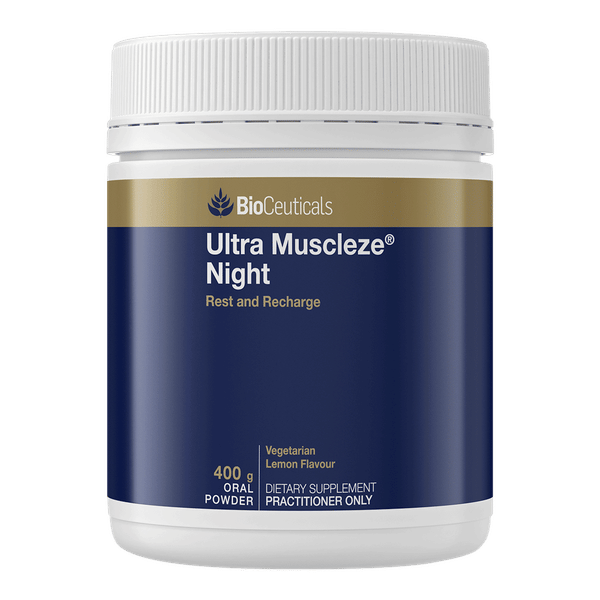
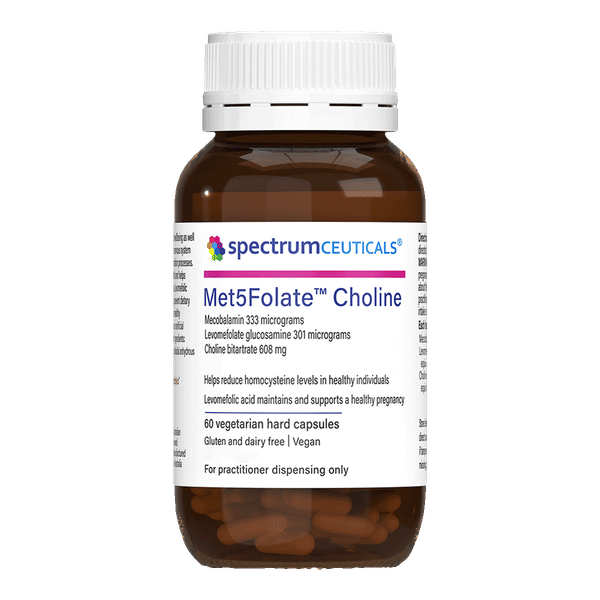
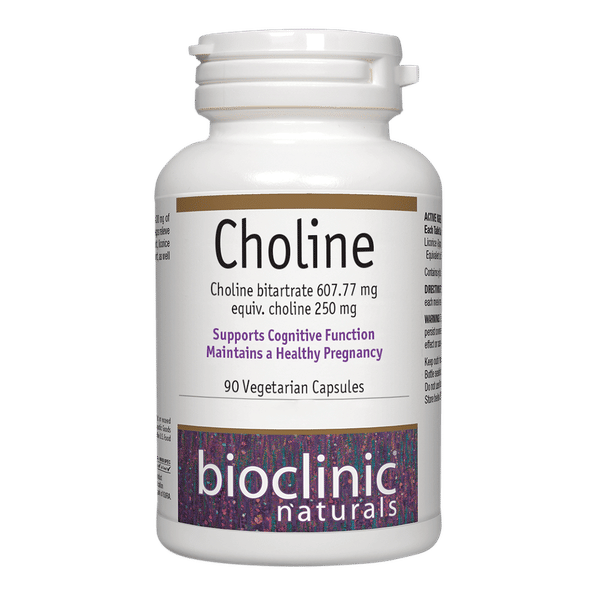
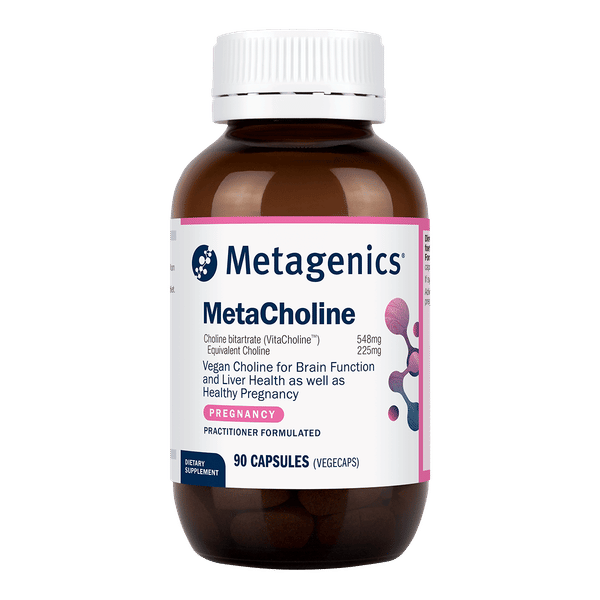
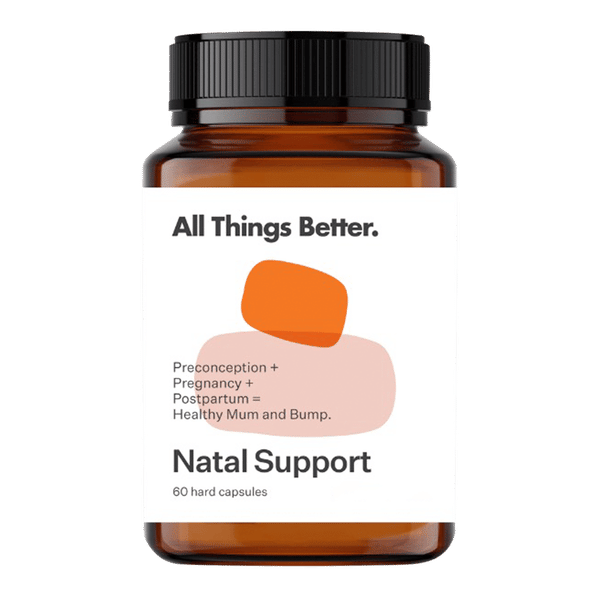
.png)
